Picture this:
You're a recruiter, but instead of drowning in a sea of resumes and cover letters, you’re relaxing in your chair, sipping coffee, and watching AI do all the heavy lifting — reviewing resumes, shortlisting candidates, and even conducting initial interviews.

No more tedious sifting through countless applications or scanning hundreds of cover letters, only to shortlist a maximum of two or three people for the available role.
AI is revolutionizing how companies hire people, and as a recruiter, it’s crucial to understand how you can leverage AI for recruiting to not only make your work easier but also enhance the quality of your hiring process — but it also comes with some risks.
How You Can Use AI in Recruiting
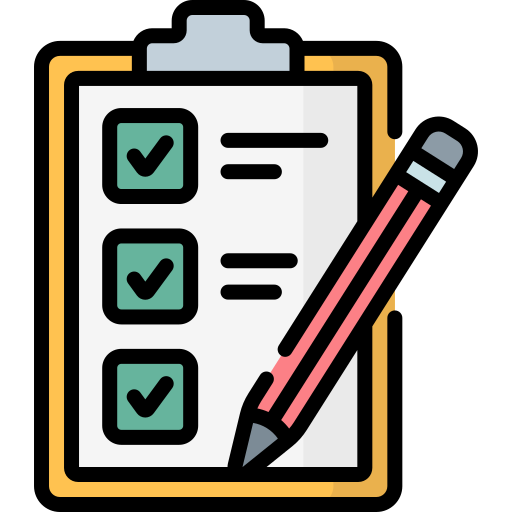
The three most significant uses of AI for recruiting are:
Sourcing: Identify and source the most qualified candidates using job-matching and evaluation features.
Screening: Assess and rank candidates based on established selection criteria.
Scheduling: Automatically organizes interviews and other meetings, ensuring everyone’s calendars align. Sometimes chatbots can assist in scheduling interviews, especially for roles with a high volume of applicants.
Most of the recruiters feel that their biggest challenge is to narrow down a large pool of applications to a selected few — and even then, sometimes they aren't too sure of their selection.
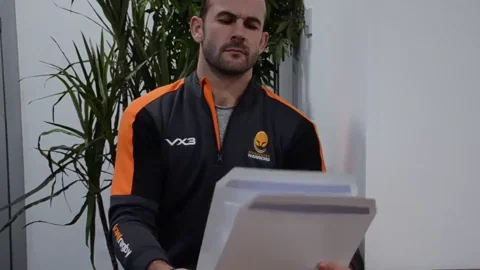
But with the help of AI-driven solutions, you can use AI for recruiting to:
Narrow down large applicant pools 🔍
Simplify repetitive tasks 🔁
Save time and costs 💰⌛
Focus on more strategic goals 🎯👍
1. Sourcing
Use AI-powered tools to automate the search for potential hires and streamline the sourcing process. These tools scan through huge databases within a few seconds and shortlist the right candidates for specific roles.
For example, Phenom's AI Talent Experience platform can help you finding the exact match for a specific role using "AI Discovery".
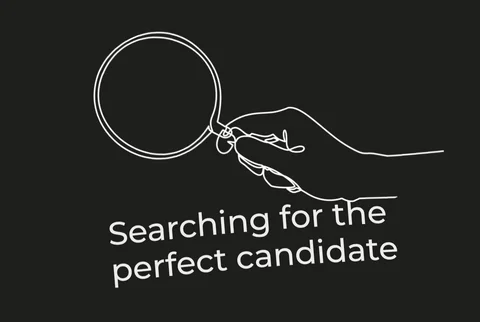
2. Screening
After identifying potential candidates, the next step is to screen them for skills, qualifications, and alignment with the role.
While human insight is very essential, AI for recruiting can speed up the process and make you feel less busy. 🙂
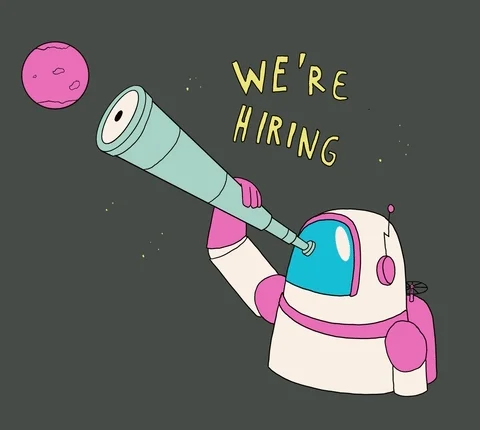
AI can analyze candidate profiles and match them with specific job requirements, ensuring that the right candidates are being considered for each position.
For example, Phenom's AI tool provides a Fit score for each shortlisted candidate.
To determine if they're the right fit for a job, the tool ranks the candidates based on:
experience
skill requirements
location
This helps recruiters make informed hiring decisions — but be aware that some good candidates might be overlooked if the AI tool doesn't find them to be a match.
Quiz
Which of the following factors may cause AI to overlook a resume?
3. Scheduling
AI-powered tools are a great way to schedule interviews. These tools can:
Automatically check the availability of the candidate and the recruiter.
Suggest optimal time slots.
Schedule the interview without human intervention.
If the hiring has to take place across different time zones, AI converts schedules accordingly to ensure that time zone differences don’t mess up interview timing.
If the interview gets cancelled because of some last-minute conflict, AI can easily reschedule it.
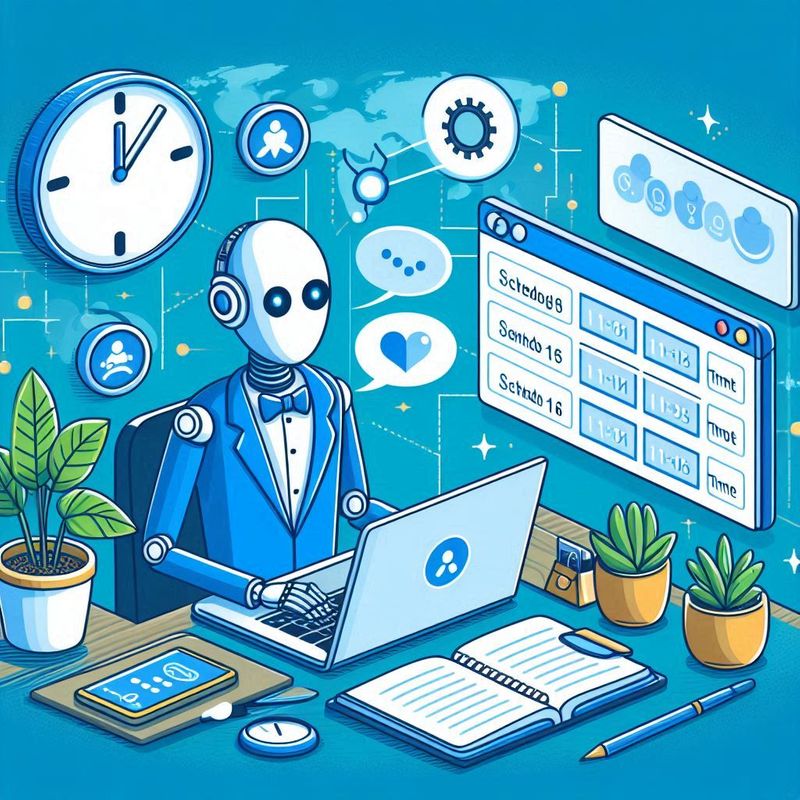 Image created by the author using AI
Image created by the author using AI
AI for recruiting makes itconvenient to hire from anywhere at any time.
AI tools usually sync with platforms like Google Calendar, Microsoft Outlook, and Zoom, and automatically set up meeting links.
For instance, HireVue is a hiring platform that uses AI to enhance the recruitment process by providing video interviews and assessments.
Risks of Using AI for Recruiting
Using AI for recruiting can enhance efficiency and save a lot of time, but it also poses several challenges that you must consider.

What to do?
Before implementing any AI tool, you must ensure you have strategies in place to deal with the following probable challenges:
Privacy and legal concerns: AI tools need extensive candidate data to produce the desired results. This poses risks to data security and compliance as per GDPR and CCPA regulations.
Lack of transparency: AI algorithms can help you identify keywords and skillset faster — but make sure you're as transparent with unselected candidates as possible, and your hiring process is clear to all stakeholders.
Potential for bias: AI can help reduce bias, but only when it’s trained right. Otherwise, it might quietly repeat the same issues you’re trying to fix.
Impersonal experience: With the increasing use of AI tools, you'll have much less direct communication with prospective candidates. This often makes the candidates feel undervalued and disengaged.
Risk of mismatch: AI tools are trained to look for specific keywords and skill sets, with no way to judge a person's soft skills or attitude. This may sometimes result in a mismatch between the hired candidates and the work environment.
The key is to use AI for recruiting intelligently to reduce the risks involved.
Quiz
What is the biggest downside of AI in resume screening?
Take Action
To effectively use these tools, it's essential to understand and analyze the use of AI for recruiting in more detail.
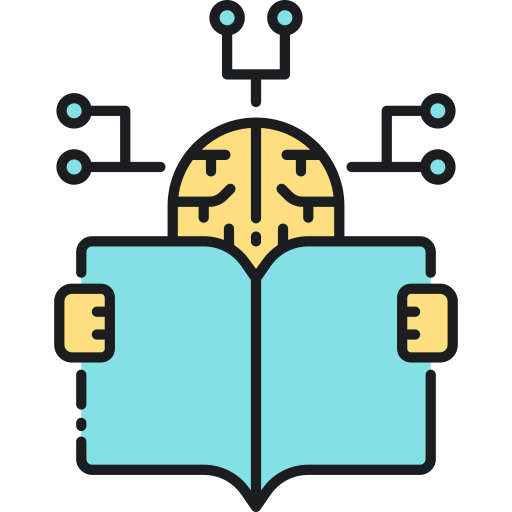
Here are some resources that you can use to further understand AI's role in recruiting and maintaining the right talent pool:
Your feedback matters to us.
This Byte helped me better understand the topic.
